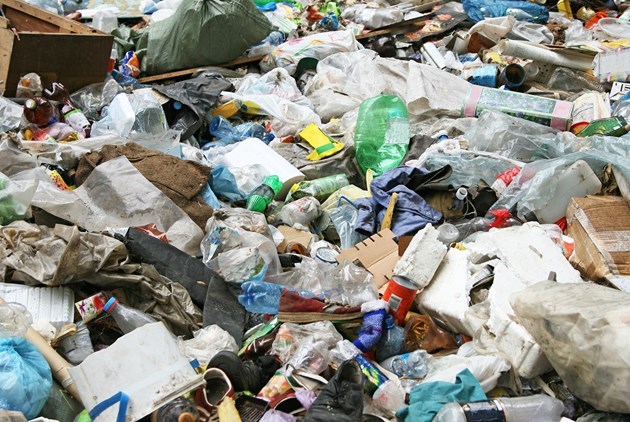THUNDER BAY – An expansion to Thunder Bay's recycling program is expected to divert hundreds of tons of plastic from local landfills.
The city will begin accepting all #1 and #2 plastics for recycling as of July 1. Previously, only plastic bottles with those codes were accepted. Now, clamshell containers commonly used to package leafy greens, berries, pastries, and other food items can be recycled as well.
Jason Sherband, the city’s solid waste and recycling manager, expects the change will move several hundred tons of plastic from landfills to the recycling stream each year. To put that in context, he said the city currently recycles around 7,000 metric tons of material annually.
“A couple of hundred tons in the grand scheme of things may not seem like a lot,” he said. “How I look at the clamshell plastics is they take up a lot of volume, they’re bulky – so they may not weigh lots, but from a volume perspective, they’re significant.”
A recent waste audit showed the kinds of plastics that will now be accepted made up a significant portion of the material that had to be sorted out of the recycling stream by city workers.
“A lot of people are already putting the clamshell plastics into the stream thinking they were recyclable,” said Sherband. “So for a lot of people, they don’t have to change what they’re doing.”
The change is expected to cost the city around $60,000 per year, depending on the amount collected. That cost is expected to be largely offset through increased Blue Box funding and a 50/50 revenue-sharing provision included in the city’s new contract with GFL, which goes into force July 1.
A push to further expand collection to accept all numbered plastics fell short on a close vote at city council earlier this year. At that time, Sherband told council that would cost around $190,000 per year. He said there’s little demand, however, for most of those other plastics in world markets – meaning the city could end up paying to ship it away, rather than recouping costs by selling it.
However, city administration will report back on the possibility of accepting more recycling before the 2021 budget process begins in late 2020.
The city reminds residents to rinse plastics to remove food residue before recycling.
